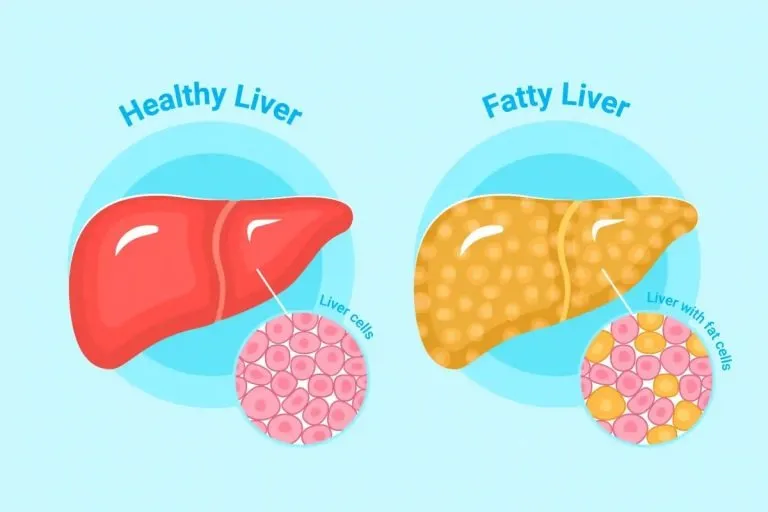Before a stroke occurs, your body might send out subtle signals that can easily go unnoticed. Being aware of these signs can be crucial in preventing a potentially life-threatening situation.
Early Warning Signs of Stroke
A frequent early warning sign of a stroke is a transient ischemic attack (TIA), commonly referred to as a “mini-stroke.” A TIA happens when blood flow to the brain is briefly interrupted, leading to symptoms similar to those of a stroke that usually last for a short period, ranging from minutes to hours. TIAs are significant warning signs and should always be taken seriously.

Here are some typical early warning signs that may indicate a stroke:
Numbness or Weakness: A sudden feeling of numbness or weakness in the face, arms, or legs, especially on one side of the body.
Confusion or Trouble Speaking: Difficulty understanding what others are saying or experiencing slurred speech.
Vision Issues: A sudden change in vision, such as losing sight in one or both eyes or experiencing blurred vision.
Walking Difficulties: Feeling dizzy, losing your balance, or having trouble coordinating your movements.
These symptoms can arise suddenly and might seem mild at first, which can lead to them being overlooked. However, taking prompt action is essential. If you notice any of these signs, even if they are brief, it’s important to seek medical assistance right away.
Get Ready for a Possible Stroke
Along with being aware of the symptoms, getting ready for a stroke can enhance your recovery odds. Begin by identifying your individual risk factors, which may include high blood pressure, diabetes, smoking, or a family history of strokes.

Here’s how to get ready:
Identify the Nearest Stroke Center: Find out which medical facility nearby is prepared to treat strokes.
Keep a Medication List: Maintain an up-to-date list of your medications to provide to healthcare professionals in case of an emergency.
Manage Risk Factors: Collaborate with your doctor to control issues such as high cholesterol or high blood pressure.
The Importance of Quick Action
A stroke is a medical emergency, and acting swiftly can be life-saving. If you or someone around you shows signs of a stroke, call emergency services right away. Prompt treatment can minimize the risk of lasting damage and enhance the chances of a complete recovery.

It’s important to pay attention to the subtle signals your body may be sending, as they can indicate that something isn’t right. By being aware of early symptoms like numbness, confusion, or vision issues, you can take swift action to avoid a potentially serious situation. Knowing your risk factors and being prepared can make all the difference in an emergency. Remember, don’t overlook these warning signs—your health is at stake.
Feel free to SHARE this article with your friends and family on Facebook!



